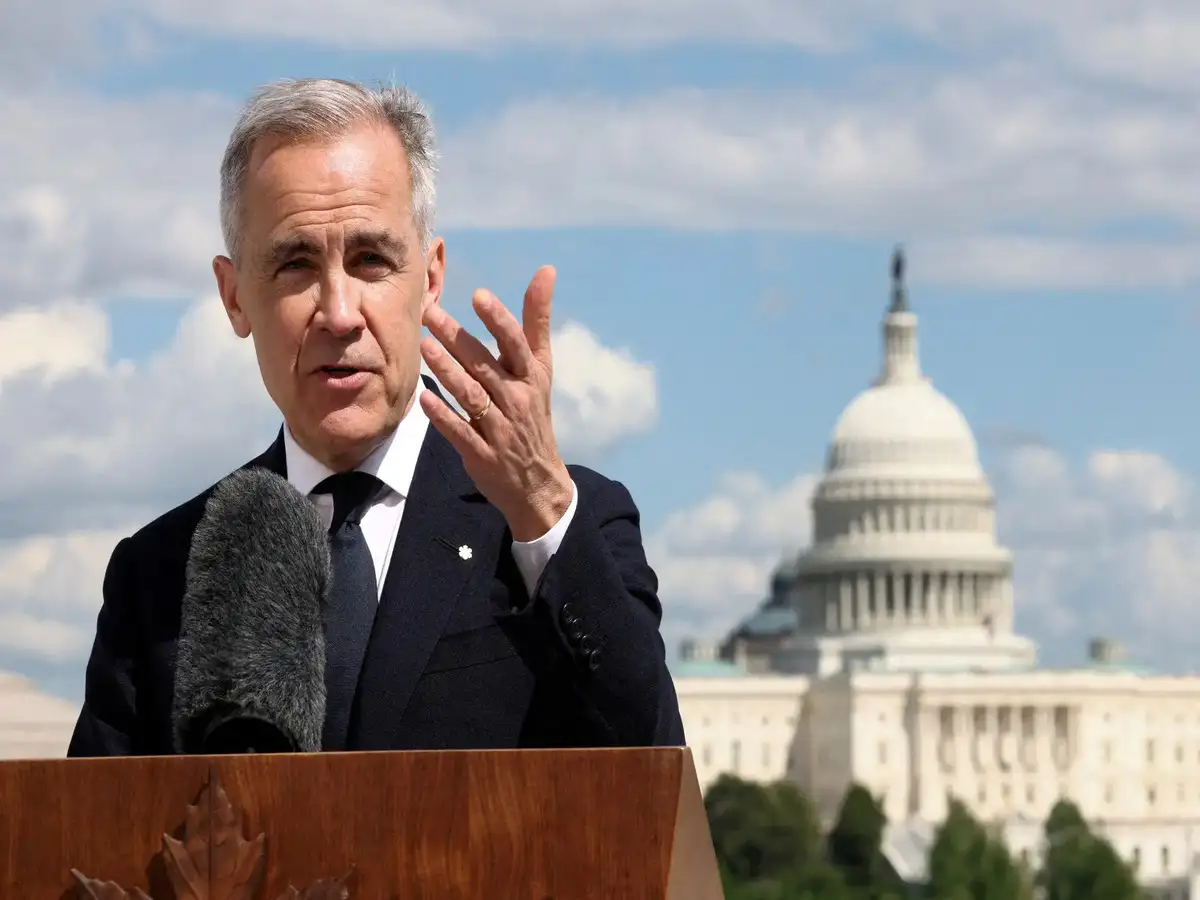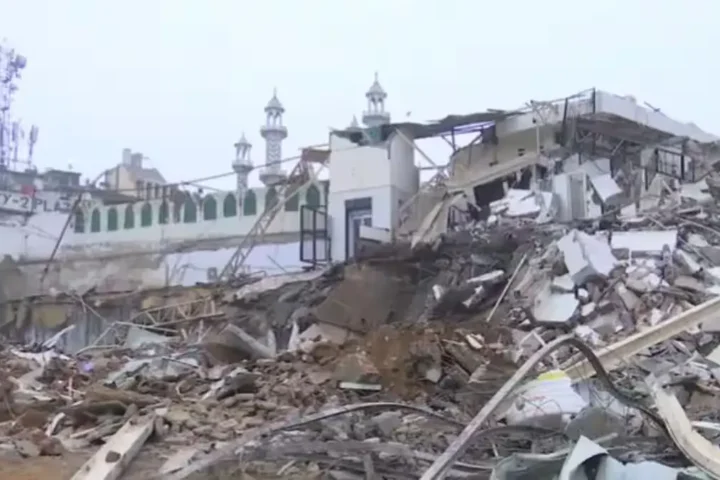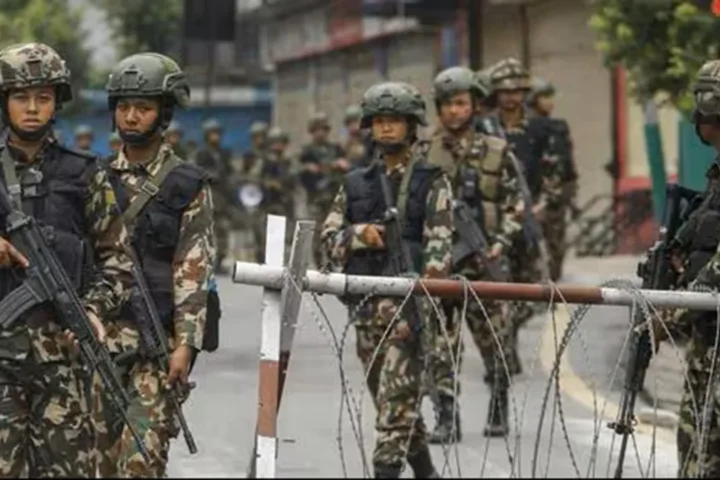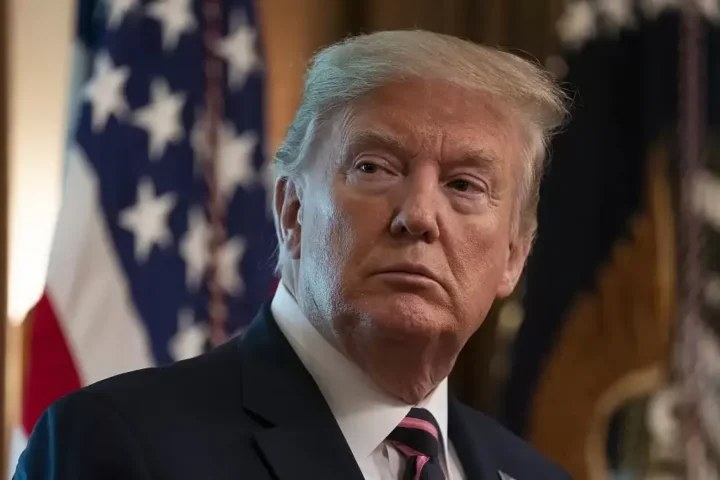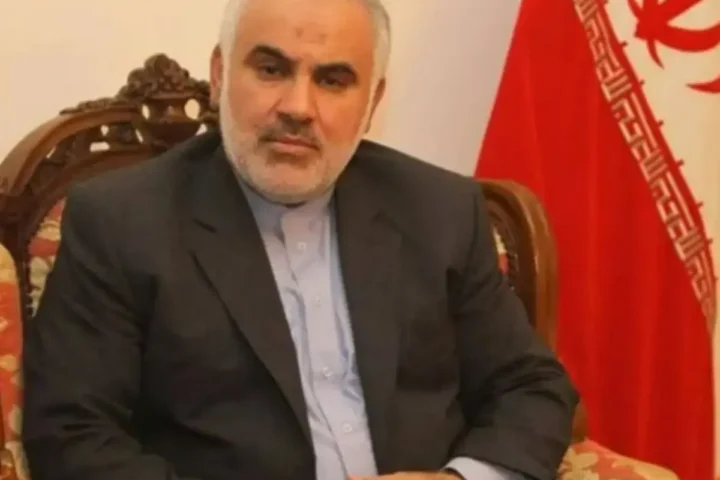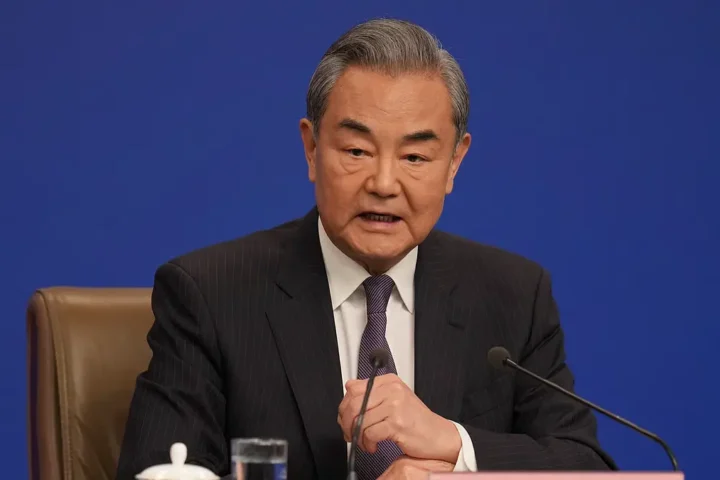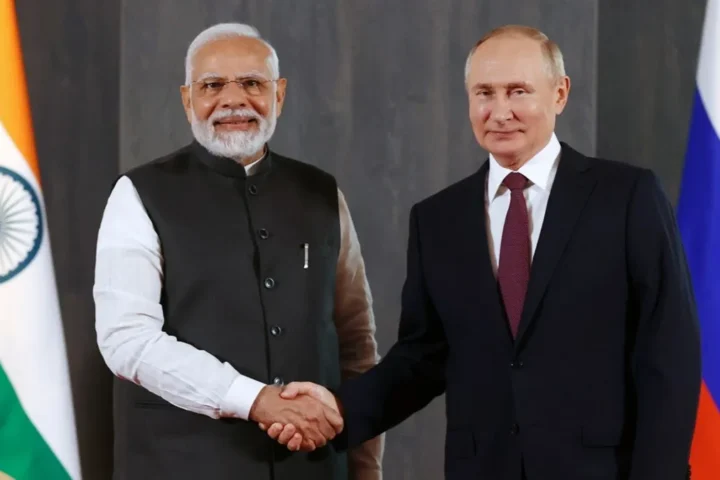Toronto – As Indian Prime Minister Narendra Modi prepares to attend the G7 Leaders’ Summit in Kananaskis, Alberta, from June 15 to 17, the Indo-Canadian community finds itself at the center of a heated debate. While a small but vocal group of pro-Khalistan activists staged protests over the weekend, the broader Indo-Canadian population and several community leaders have voiced strong support for Modi’s participation.
Strong Endorsement from Indo-Canadian Organizations
Community leaders from across Canada have welcomed the decision by Prime Minister Mark Carney to invite PM Modi to the global summit.
Maninder Gill, managing director of Radio India and founder of the Friends of Canada and India Foundation, stated,
“We’ve received overwhelming support from our listeners. PM Carney has taken a bold step by prioritizing national interest over divisive diaspora politics. Canada’s foreign policy should not be hijacked by fringe elements.”
Gill’s formal letter to the Prime Minister’s Office (PMO), encouraging the invitation, was acknowledged and forwarded to Foreign Minister Anita Anand for review, signaling serious consideration at the highest levels.
Mainstream Canadian-South Asian Groups Applaud Decision
The Hindu Canadian Foundation lauded PM Carney’s resolve, saying he is “demonstrating true leadership” by keeping Canada’s strategic interests above sectarian pressures.
Similarly, Canada India Foundation chair Ritesh Malik posted on social media,
“PM Carney did the right thing. Opposition to this visit is fueled by shallow-minded, self-centered individuals who misuse Canadian identity to push hateful agendas.”
These groups stress that the protestors are unrepresentative of Canada’s 2-million-strong Indo-Canadian population.
Pro-Khalistan Protests: Loud but Limited
Over the weekend, anti-Modi protests organized by pro-Khalistan groups were held in Vancouver and Brampton. Demonstrators displayed tableaux accusing Indian leaders of being responsible for the 2023 killing of Khalistani separatist Hardeep Singh Nijjar in Surrey.
Sikhs for Justice, a banned separatist outfit in India, announced plans for a 48-hour protest—dubbed “Ambush Modi’s Politics”—from June 16 to 17, coinciding with the G7 summit. They also intend to lead a convoy toward the venue near Calgary.
Despite the noise, community leaders say these groups are few in number and do not reflect the broader Indo-Canadian sentiment.
Strategic Importance of Modi’s Visit
PM Modi’s presence at the G7 summit highlights India’s growing global influence and deepening ties with Western democracies. His visit also reflects Canada’s willingness to strengthen diplomatic relations with India amid shifting geopolitical priorities.
The summit, hosted by Canada for the first time since 2018, is expected to address pressing global issues including economic resilience, climate change, and Indo-Pacific security.
Interesting Read
Conclusion: Dialogue Over Division
While fringe protests have drawn attention, the dominant voice within Canada’s Indo-Canadian community supports deeper India-Canada cooperation. PM Modi’s visit is seen not just as a diplomatic milestone, but as a reflection of the maturing relationship between the two democracies—one that should not be derailed by extremist narratives.
As the world watches Alberta this month, the message from most Indo-Canadians is clear: partnership, not polarization.

